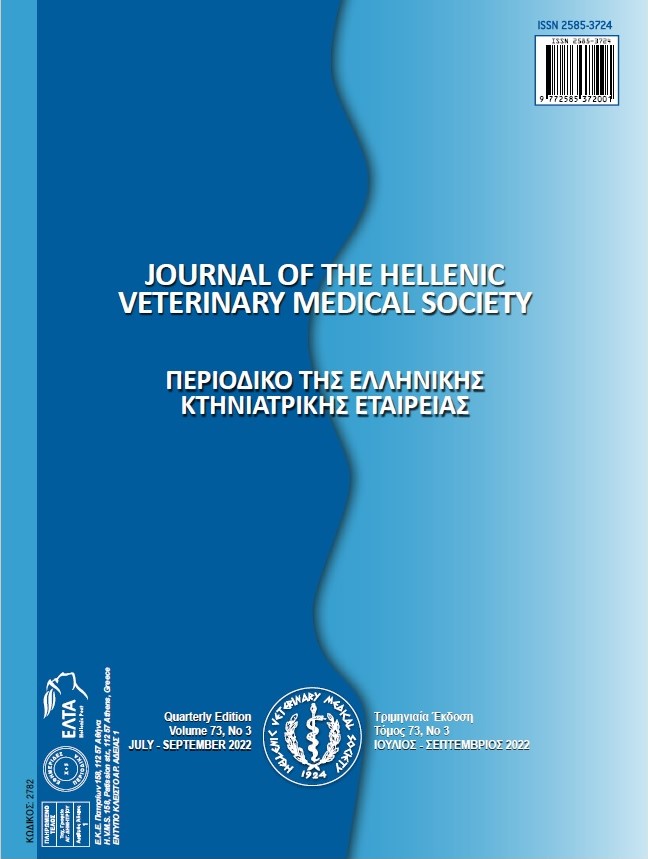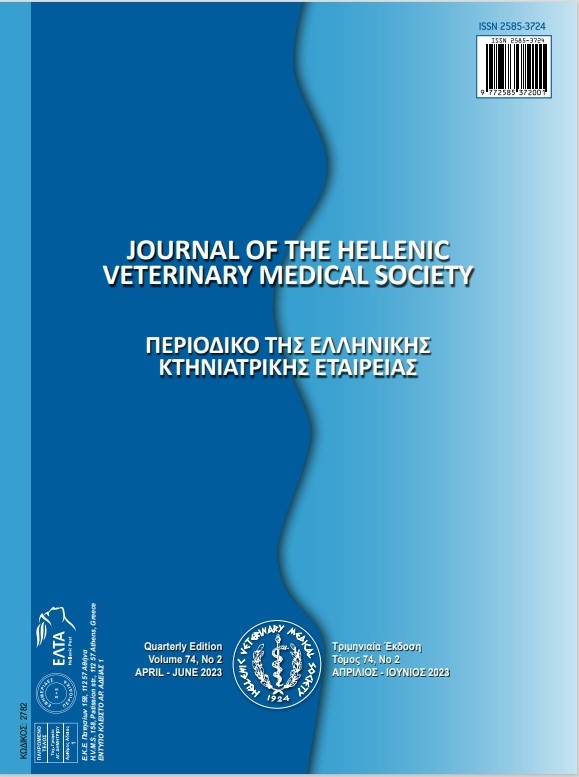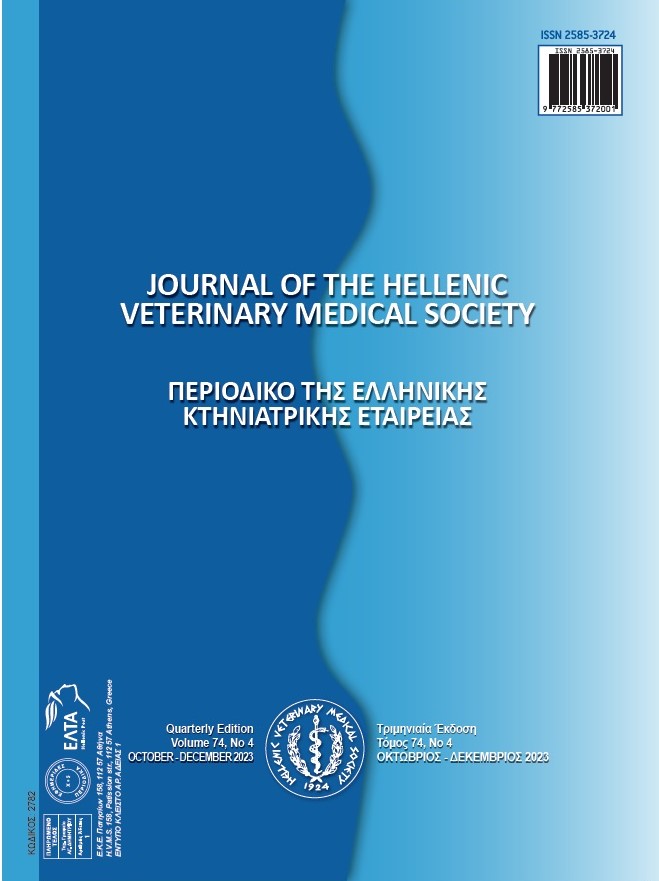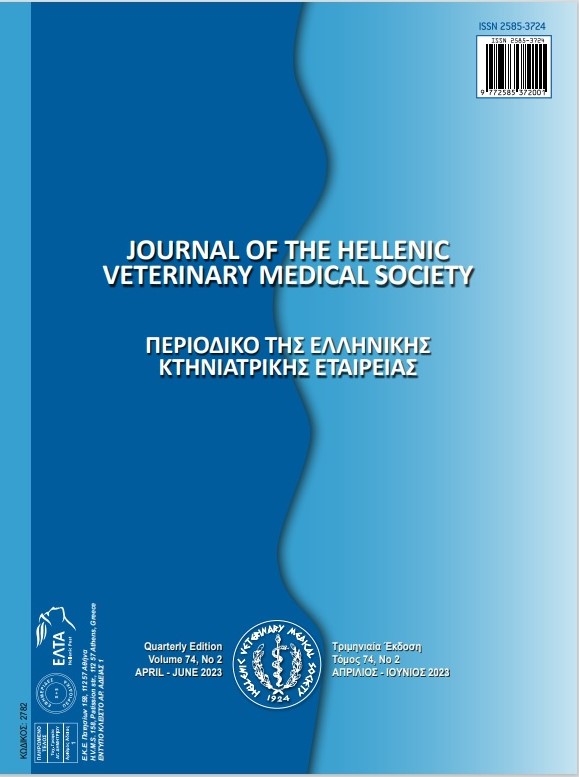Replacing of soybean meal with sunflower meal with and without multi-enzyme on laying performance and egg quality in Hy-Line laying hens

Abstract
This experiment was performed to evaluate the effects of replacement of different levels of soybean meal with sunflower meal on laying performance and egg quality parameters in laying hens. In this experiment, 360 laying hens from the age of 47 to 57 weeks, in 9 treatments and 5 replications (8 hens in each replication) were divided into a 3 × 3 factorial arrangement consisting of sunflower meal (0, 30, and 60%) and enzyme additive (0, 100 and 200 g/ton) in a completely randomized design for ten weeks. The results showed that the replacement of soybean meal with sunflower meal and enzyme has significant effects on the performance of laying hens. So that 60% replacement of soybean meal with sunflower meal increased the amount of daily feed intake of laying hens (P<.0.05). The use of 200 gr/ton of multi enzyme in laying hens diet, without having significant effects on other performance parameters, increased the amount of daily feed intake (P<.0.05). Concurrently, there was a non-significant (P>.0.05) trend for egg quality parameters, but weights of egg albumin were affected significantly (P<.0.05) substitution of 60% of sunflower meal in diets increased the amount egg albumin weight. In general, in laying hens, it is possible to replace 60% of soybean meal with sunflower meal without adversely affecting the performance and egg quality. The use of a multi-enzyme only increased the amount of feed intake.
Article Details
- Come citare
-
Marami, M., Nobakht, A., Mehmannavaz, Y., Mazlum, F., & Mahdavi, S. (2023). Replacing of soybean meal with sunflower meal with and without multi-enzyme on laying performance and egg quality in Hy-Line laying hens . Journal of the Hellenic Veterinary Medical Society, 73(3), 4459–4464. https://doi.org/10.12681/jhvms.27459
- Fascicolo
- V. 73 N. 3 (2022)
- Sezione
- Research Articles

Questo lavoro è fornito con la licenza Creative Commons Attribuzione - Non commerciale 4.0 Internazionale.
Authors who publish with this journal agree to the following terms:
· Authors retain copyright and grant the journal right of first publication with the work simultaneously licensed under a Creative Commons Attribution Non-Commercial License that allows others to share the work with an acknowledgement of the work's authorship and initial publication in this journal.
· Authors are able to enter into separate, additional contractual arrangements for the non-exclusive distribution of the journal's published version of the work (e.g. post it to an institutional repository or publish it in a book), with an acknowledgement of its initial publication in this journal.
· Authors are permitted and encouraged to post their work online (preferably in institutional repositories or on their website) prior to and during the submission process, as it can lead to productive exchanges, as well as earlier and greater citation of published work.





